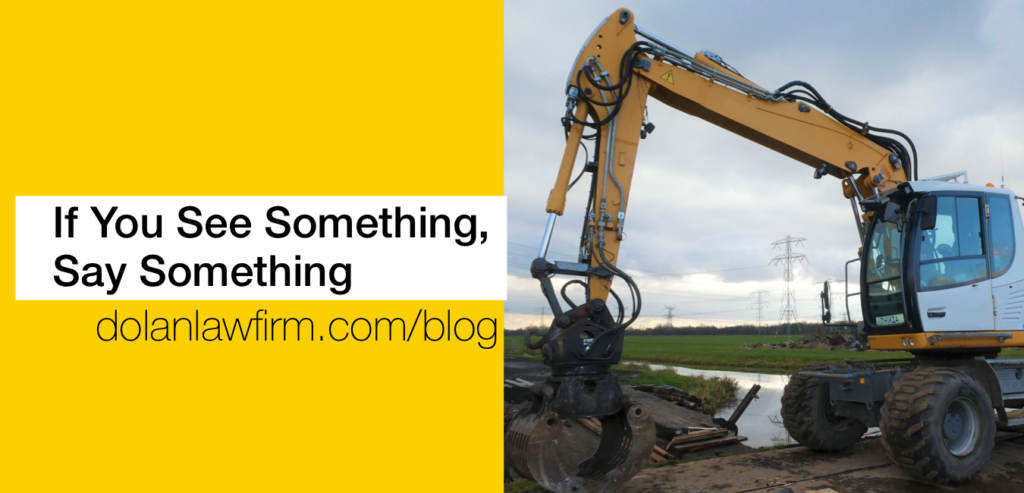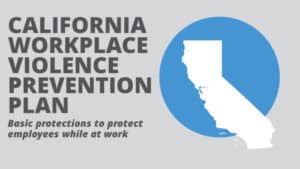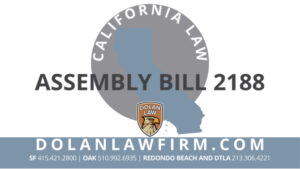Written By: Christopher B. Dolan and Vanessa C. Deniston
This week’s question comes from Jim C. in Bernal Heights who asks: I’m currently working on a job site in the city. We are building a subterranean parking garage and we use heavy equipment every day. The guy that drives the excavator is not the most reliable and occasionally he doesn’t show up to work. On these occasions, my supervisor, the foreman, who I am fairly certain has not been trained on the equipment, hops in and operates it in his place. I have also noticed that the lights and the back-up alarm aren’t working. The foreman almost backed up into the cement mixer yesterday, which would have been disastrous. Having worked on job sites for over a decade, I know this isn’t safe, but I am afraid I’ll be fired if I bring this up to the foreman’s supervisor. No accidents have occurred yet, but I’m worried. How should I address these safety risks?
Dear Jim C.: Thank you for your question, Jim. You are right to be concerned. Work environments, especially construction sites, are often rife with safety hazards that must be closely monitored. Certainly, if your foreman is operating heavy equipment and is not trained on the equipment, this not only exposes your company to liability should anything go wrong, but also poses a significant risk to you and others on the job site. This, compounded with some of the excavator controls not operating properly, causes serious safety risks. There are a number of steps you can take to ensure the safety issues are addressed.
The key is your initial complaint must be either verbal or written to someone in a position of authority, preferably the foreman’s supervisor, and must be framed in the context of work safety. If you told the foreman supervisor, for instance, that you thought it was unprofessional and unfair that the person actually trained on the excavator was permitted to skip work without repercussions, this would not be enough in itself to alert your employer you are making a workplace safety complaint. The best course of action is to put your concerns in writing, preferably in an email which affixes a date and time stamp, and share them with the foreman’s supervisor. Be specific, citing examples of the unsafe conditions or conduct you observed and when you observed it.
You may have some further hesitancy, as you aren’t positive the foreman isn’t trained on the excavator. Don’t let this deter you from making a complaint if you have reason to believe he is not trained or if it appears he is operating the excavator in an unsafe manner (i.e. using heavy equipment without functioning back-up warnings, failing to wear proper safety equipment or follow proper protocols concerning the equipment.) You may not have all the information necessary to make a definitive determination whether or not the conduct is actually safe, but the law encourages employees like yourself to speak up if you have reason to believe it is unsafe. In other words, if you see something, say something.
While construction zones are typically the most common work environment where safety hazards arise, the law on unsafe work conditions is certainly not confined to any one kind work environment. Unsafe conditions can arise in many different contexts in many different environments. Unsafe conditions can range from poor lighting conditions in a staff parking lot located in a high crime area, to exposure to toxic chemicals in a confined space, to a co-worker displaying violent tendencies or bringing a firearm to work.
Your fear of making complaints is understood. If you are hesitant to tell your employer, you have the option to make an anonymous complaint to Cal/OSHA. They are the government entity tasked with making sure workplace safety and health regulations are properly observed.
However, California law protects workers who complain of safety issues. Under the California Labor Code, employees who come forward and voice good faith safety concerns about their workplace are protected from retaliation. Specifically, CA Labor Code §6310 prohibits an employer from discharging or otherwise discriminating against any employee because the employee has made any oral or written complaint about workplace safety. Three elements are required to support a retaliation claim for raising workplace safety complaints:
(1) the employee must have made complaints about workplace safety to his employer;
(2) the employer must have then subjected him to an adverse employment action; and
(3) there must be a causal link between the workplace safety complaint and the employer’s action.
Once you make the complaint, if you find that you are suddenly being treated differently, such as your hours being cut, you are disciplined for minor issues, or you are treated with aggression or hostility, you may be experiencing retaliation related to your complaint. This is prohibited by law and you should report the retaliation to the foreman supervisor immediately. If you are experiencing harassment or have suffered a demotion or termination following a workplace safety complaint, you should reach out to an attorney for assistance as soon as possible.










